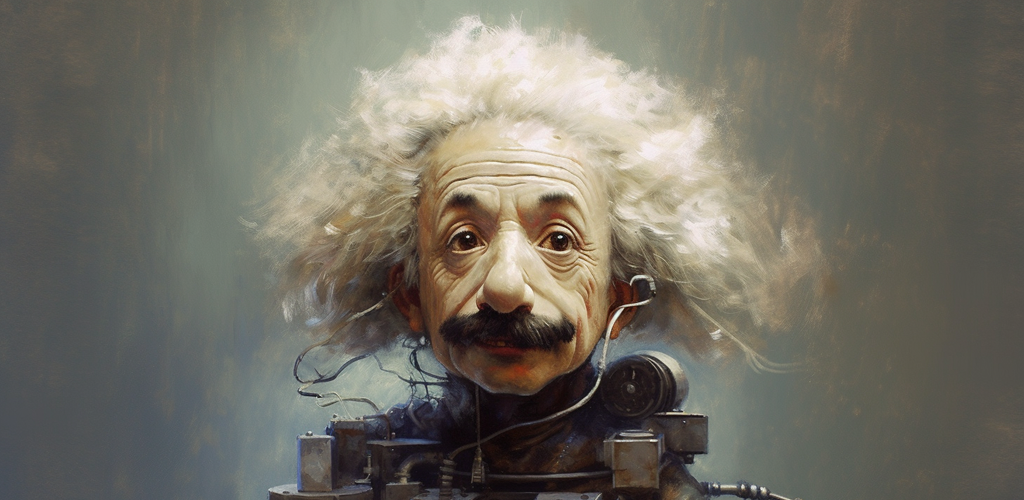The question "Will AI ever outsmart humans?" is complex and multifaceted. The answer depends on how we define "outsmart" and how AI continues to evolve. What is clear, however, is that AI is rapidly advancing, and its potential to match or even surpass human intelligence cannot be dismissed lightly. While we have AI tools, such as machine learning algorithms and neural networks, that can exceed human capabilities in specific tasks like data analysis or pattern recognition, they don't yet possess the broad, context-aware reasoning of human intelligence. Therefore, despite the impressive speed of AI development, human cognition and adaptability still outperform AI in many crucial aspects.
The Dawn of AI Ingenuity
In the realm of artificial intelligence, we're witnessing an era of unprecedented innovation. According to DLabs.AI, AI has the potential to outsmart humans. It can find solutions that fulfill a brief, albeit in ways that may not align with the creator's intent. This highlights the creative ingenuity of AI, a trait once thought exclusive to humans.
The Probability of Human-Level Machine Intelligence
The Massachusetts Institute of Technology, a leading authority in tech research, offers a compelling perspective. Their research suggests that "human level machine intelligence," or HLMI, has a 50 percent chance of being achieved. This prediction comes from elite researchers in the field of artificial intelligence.
The Musk Perspective: AI's Ascendancy by 2025
Elon Musk, a figure synonymous with groundbreaking tech innovation, has a bold prediction. As reported by the New York Post, Musk believes that AI will grow vastly smarter than humans and overtake the human race by 2025.
The Road to Human-Level Computing Power
Philosopher Nick Bostrom, known for his work on AI safety and ethics, offers a timeline for AI's evolution. He suggests that human-level computing power has not been reached yet, but will almost certainly be attained well before 2050. You can read more about his thoughts here.
AI: The New Player in Video Games and Real Life
In the world of video games, AI is proving its mettle. According to AP News and Go.com, AI is learning to outsmart humans in video games and potentially in real life. This development could have significant implications for real-world technology.
AI's Impact on Everyday Tasks
AI's influence extends beyond high-level concepts and into our daily lives. As reported by Greater Kashmir, AI has made it possible for machines to learn from experience and perform human-like tasks. This has had a profound impact on areas like email filtering and fraud detection.
Can We Stop AI from Outsmarting Humanity?
The Guardian raises a thought-provoking question: Can we stop AI from outsmarting humanity? A sufficiently smart AI might have a better understanding of constraints than its creators, leading to unforeseen consequences.
Conclusion
The question of whether AI will outsmart humans is not a matter of if, but when and how. As we continue to push the boundaries of technology, AI's potential to match or even exceed human intelligence becomes increasingly plausible. However, this does not necessarily spell doom for humanity. Instead, it challenges us to navigate this new landscape with wisdom and foresight, ensuring that as AI evolves, it does so in a manner that benefits all of humanity. As we stand on the precipice of this new era, one thing is certain: the journey of AI is a journey we all share, and its destination will shape our collective future.

